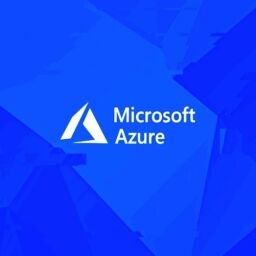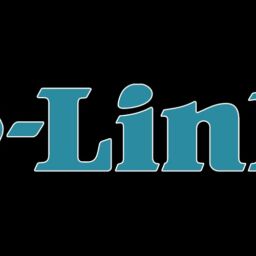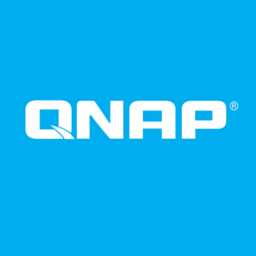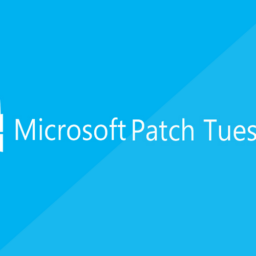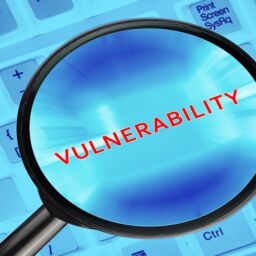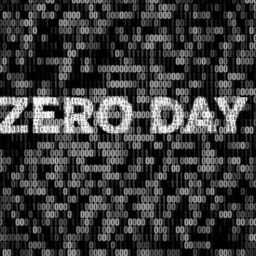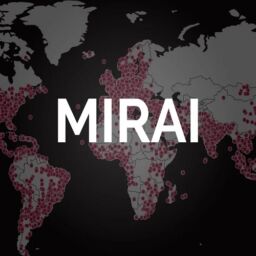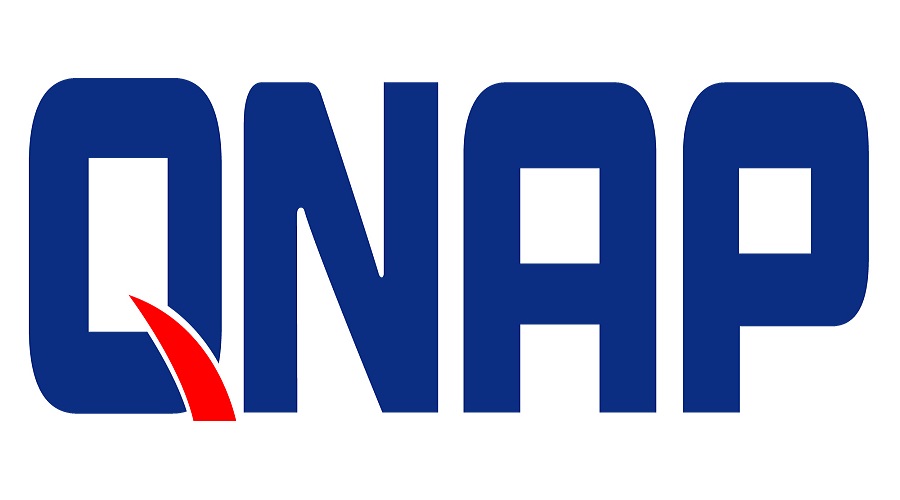
QNAP has warned customers today that some of its Network Attached Storage (NAS) devices (with non-default configurations) are vulnerable to attacks that would exploit a three-year-old critical PHP vulnerability allowing remote code execution.
“A vulnerability has been reported to affect PHP versions 7.1.x below 7.1.33, 7.2.x below 7.2.24, and 7.3.x below 7.3.11. If exploited, the vulnerability allows attackers to gain remote code execution,” QNAP explained in a security advisory released today.
“To secure your device, we recommend regularly updating your system to the latest version to benefit from vulnerability fixes.”
The Taiwanese hardware vendor has already patched the security flaw (CVE-2019-11043) for some operating system versions exposed to attacks (QTS 5.0.1.2034 build 20220515 or later and QuTS hero h5.0.0.2069 build 20220614 or later).
However, the bug affects a wide range of devices running:
- QTS 5.0.x and later
- QTS 4.5.x and later
- QuTS hero h5.0.x and later
- QuTS hero h4.5.x and later
- QuTScloud c5.0.x and later
QNAP customers who want to update their NAS devices to the latest firmware automatically need to log on to QTS, QuTS hero, or QuTScloud as administrator and click the “Check for Update” button under Control Panel > System > Firmware Update.
You can also manually upgrade your device after downloading the update on the QNAP website from Support > Download Center.

QNAP devices targeted by ransomware
Today’s warning comes after the NAS maker warned its customers on Thursday to secure their devices against active attacks deploying DeadBolt ransomware payloads.
BleepingComputer also reported over the weekend that ech0raix ransomware has started targeting vulnerable QNAP NAS devices again, according to sample submissions on the ID Ransomware platform and multiple user reports who had their systems encrypted.
Until QNAP issues more details on ongoing attacks, the infection vector used in these new DeadBolt and ech0raix campaigns remains unknown.
While QNAP is working on patching the CVE-2019-11043 PHP vulnerability in all vulnerable firmware versions, you should ensure that your device is not exposed to Internet access as an easy way to block incoming attacks.
As QNAP has advised in the past, users with Internet-exposed NAS devices should take the following measures to prevent remote access:
- Disable the Port Forwarding function of the router: Go to the management interface of your router, check the Virtual Server, NAT, or Port Forwarding settings, and disable the port forwarding setting of the NAS management service port (port 8080 and 433 by default).
- Disable the UPnP function of the QNAP NAS: Go to myQNAPcloud on the QTS menu, click the “Auto Router Configuration,” and unselect “Enable UPnP Port forwarding.”
QNAP also provides detailed info on how to toggle off remote SSH and Telnet connections, change the system port number, change device passwords, and enable IP and account access protection to further secure your device.
Update June 22, 08:45 EDT: After this story was published, QNAP’s PSIRT team updated the original advisory and told BleepingComputer that devices with default configurations are not impacted by CVE-2019-11043.
Also, QNAP said that the Deadbolt ransomware attacks are targeting devices running older system software (released between 2017 and 2019).
For CVE-2019-11043, described in QSA-22-20, to affect our users, there are some prerequisites that need to be met, which are:
- nginx is running, and
- php-fpm is running.
As we do not have nginx in our software by default, QNAP NAS are not affected by this vulnerability in their default state. If nginx is installed by the user and running, then the update provided with QSA-22-20 should be applied as soon as possible to mitigate associated risks.
We are updating our security advisory QSA-22-20 to reflect the facts stated above. Again we would like to point out that most QNAP NAS users are not affected by this vulnerability since its prerequisites are not met. The risk only exists when there is user-installed nginx present in the system.
We have also updated the story to reflect the new information provided by QNAP.
Source: www.bleepingcomputer.com



